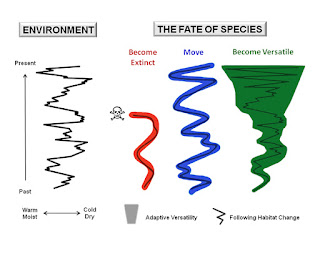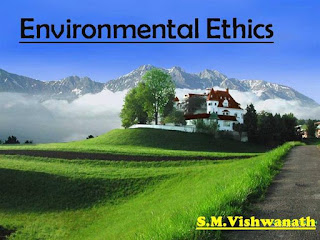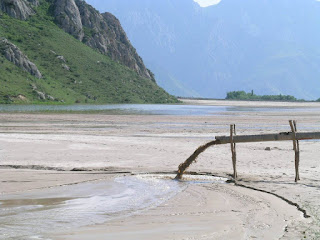EVOLUTION OF ENVIRONMENTAL THINKING AND CURRENT ENVIRONMENTAL ISSUES
EVOLUTION OF ENVIRONMENTAL THINKING
The impacts caused by human activities to environment were recognized globally known as environmental impacts.
1940s
In 1948 IUCN (International Union for Conservation of Nature and Natural Resources) was made. It acted as Inter governmental body. IUCN in current time has several civil socirty organizations as its members.
1950s
- DDT (Dichloro diphenyl trichloroethane) was detected in the flesh of flightless penguins of Antarctica.
- Letchworth Garden City was built in this time period.
- Electron capture detector was invented that could measure the man made chemicals in minutes quantities.
1960s
- In 1962 a book Silent Spring was published by Rachel Carson.
- Wildlife was diminishing in this time so attention was given to wildlife protection.
- Lacey Act: Lacey Act was proposed for the prohibition of animals killing and to ensure to increase the number of game animals and birds.
- Endangered Species Protection Act was proposed in 1966.
- Endangered Species Conservation Act was introduced in 1969.
- Different environmental NGOs were set up in 1960s such as:
- Sierra Club
- Nature Conservancy
- Friends of Earth
- WWF (World Wildlife Funds) was set up in 1961 initially for the purpose of protection of animals.
1970s
- Pakistan Wildlife Appeal was set up i 1971 that later on became the National Organization of WWF as WWF Pakistan.
- Acid Rain concept was initialized in industrialized countries.
1980s
Following events took place in this time period:
- Ozone Depletion
- Greenhouse Effect
- Chernobyl Nuclear disaster
- Protection of animals and plants that depends on perticular habitat.
- World Wildlife Fund become World Wide Fund (WWF)
- Development of World Conservation Strategy
- Development of Pakistan Conservation Strategy
1990s
In 1990s following acts were proposed:
- United Nations Conference of Environment and Development ( Earth Summit) in Rio de jenario Brazil.
- Pakistan Environmental Protection Act (PEPA), 1997
- National Environmental Quality Standards (NEQS)
2000s
World Summit on Sustainable Development held in Johannesurg in 26 August to 4 September 2002.
ISSUES IN DEVELOPING COUNTRIES
- Food Shortage
- Illiteracy
- Deforestation, Overgrazing
- Inadequate supply of drinking water
- Foreign debt burden
- Poverty
- Increase in human poplation
- Poor enforcement of laws
- Poor Sanitation
- Urbanization
- Industrialization
Major Issues
- Acid Rain
- Ozone depletion
- Ozone Depletion
- Threat to biological diversity



Comments
Post a Comment